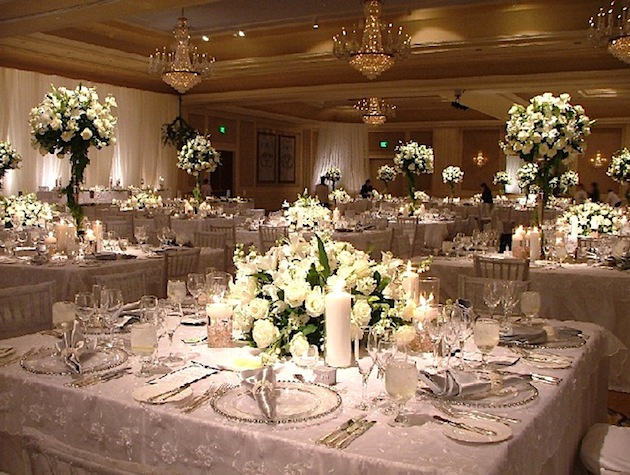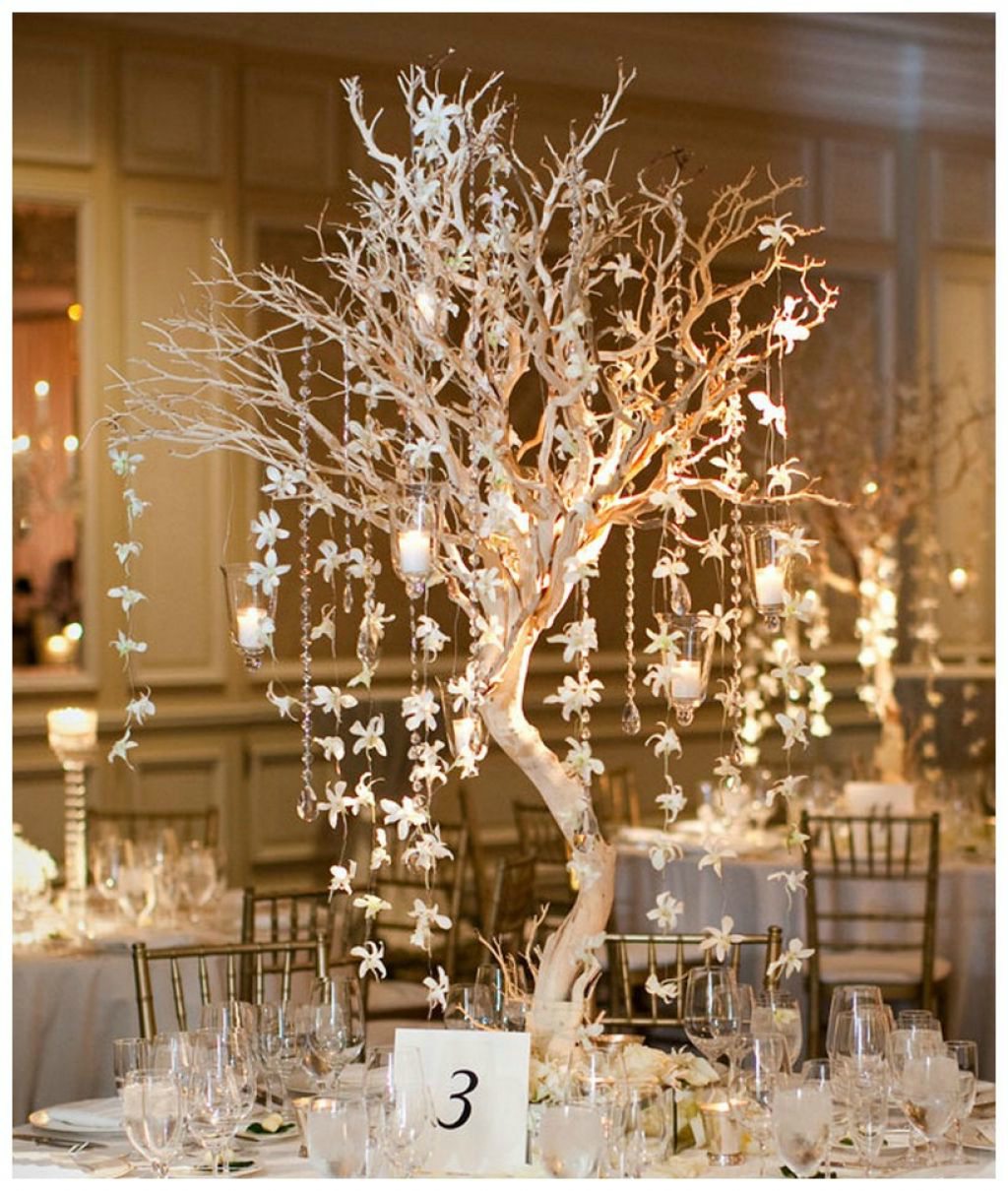Show me the ring! Have you set a date? Can I come wedding dress shopping with you? Can I have a plus one? These are all questions we received within the first 48 hours when, in January this year, my fiancé and I excitedly (and after many happy tears) announced our engagement.
We were also met with comments like: I couldn’t imagine thinking about getting married anytime soon and I don’t feel old enough to have friends getting married. I was in my final year of university, he was in his second year, and we were both about to turn 21. So yes, we are on the younger side of the average age for engagement and marriage and we were the first in our friendship groups to reach this stage in our relationships, but it was the natural step for us. And one we’d been talking about for the last two years (of our currently 4-and-a-half-year relationship). We certainly weren’t rushing into it.
And yet, although friends and family were pleased with our news, many didn’t hold back on asking the main question on their minds: how will you afford it? Don’t you want to do X,Y, Z first? In fact, the majority of questions we got for the next few weeks upon announcing the news were focused on the wedding itself; how far we’d got with the planning, people wishing to know the intricate details of the day and my dress. So many questions about the dress.
The average price of a wedding in the UK is – shockingly – now £27,000, and this figure is expected to rise further to £32,000 by 2028. For one day. The wedding industry is a massive business, and one which boosts the prices of things just because it can; because people will pay anything to create the day of their dreams. It feeds off the elaborate images set by films, TV shows and Instagram, convincing you that your wedding won’t be complete without ornate table centre pieces, intricate guest favours and uniquely-shaped confetti. If it isn’t picture perfect enough for you to spam your Insta feed for the next few months.


We have to ask ourselves if we’re losing sight of the true meaning of these events?
Yes, my fiancé and I are excited to plan our wedding and create a really lovely day to celebrate our love with our family, but it’s about so much more than that. It’s about more than that one day: it’s continuing our lives together; continuing to grow and learn together; holding a promise to always support each other; to have adventures; and know that you’ve always got someone fighting in your corner.
Our wedding will be beautiful and memorable; the venue, decorations and, of course, the delicious food. But it’s not the main event: the significance for us is that it’s a day we’ve been waiting for, a special occasion which officially ties us together in life and we feel that we don’t need to spend extortionate amounts of money on an open bar or on inviting people’s plus-one’s we’ve never met to do that.
Nevertheless, this financial aspect is one of the biggest reasons given for couples getting married later in life, along with prioritising travelling and careers before “settling down”. This is something we discussed recently in relation to the child-free debate. And this is understandable: weddings, even small ones, do need to be saved up for, and it can be easy to be swept along with people’s expectations and the excitement of it all. And if you have been dreaming of a big white wedding for years and can afford to do it, then go for it! It is your day, after all. But I don’t see getting married as inhibiting our ability to go travelling or work really hard towards our careers; we are simply going to be able to enjoy these things together and truly build a secure life together. It’s a very comforting and exciting thought.

But you know that half of marriages end in divorce, right?
The statistics are currently at 42% of marriages ending in divorce (as of 2016 figures); this is 9% less than the previous year and a whopping 34% lower than the most extreme figures seen in 2003. Whilst this is still a large percentage, these statistical trends suggest that marriages are becoming more stable over the years. Nevertheless, fewer people are choosing to get married nowadays compared to previous years, with cohabiting becoming much more frequent. Research explains how many couples are now choosing to cohabit either prior to making the big marriage commitment, or instead of it altogether. However, there is no evidence to support this making relationships more stable and partnerships more likely to stay together when compared with marriage. Marriage isn’t for everyone, and that’s okay – but being afraid of society’s divorce statistics isn’t a reason to not get married if you’re serious about it: that would be ridiculous.
It is clear that attitudes towards marriage are much more relaxed than they used to be, with couples making much more independent choices about what they believe is the best path for them as a pairing, rather than feeling swept along with society’s expectations.
For us, it wasn’t so much society’s expectations, but those of our parents which we had to negotiate. You simply can’t keep everyone happy when planning to get married: with each of our families having different hopes for our planning timeline and having different worries and pieces of advice for us. Ultimately, they all want the best for us – it’s just that each has a different idea of what is best.
Age was an important point of discussion in these conversations about the next chapter of our lives with our parents and friends, as it is in news articles which discuss trends in marriage and divorce. We standout against the average, but that doesn’t mean we’re any less serious about our love and commitment. I can’t wait to grow as a person, alongside my fiancé and truly experience every aspect of our lives together: that, for us, is the true meaning of marriage, and one which perhaps needs to be remembered a little more.
–











